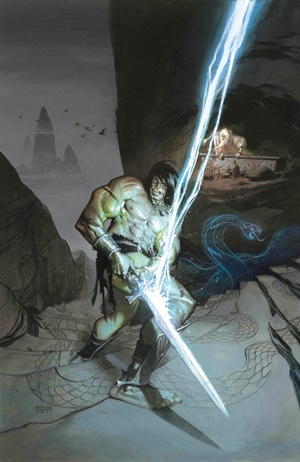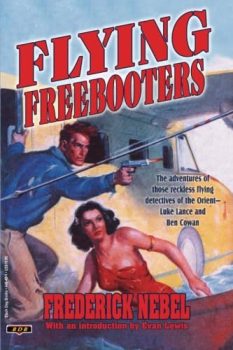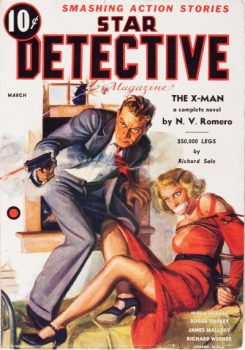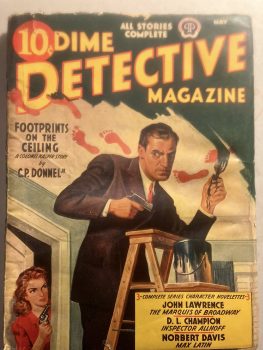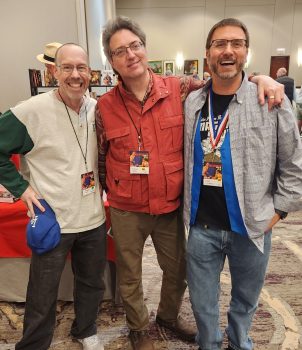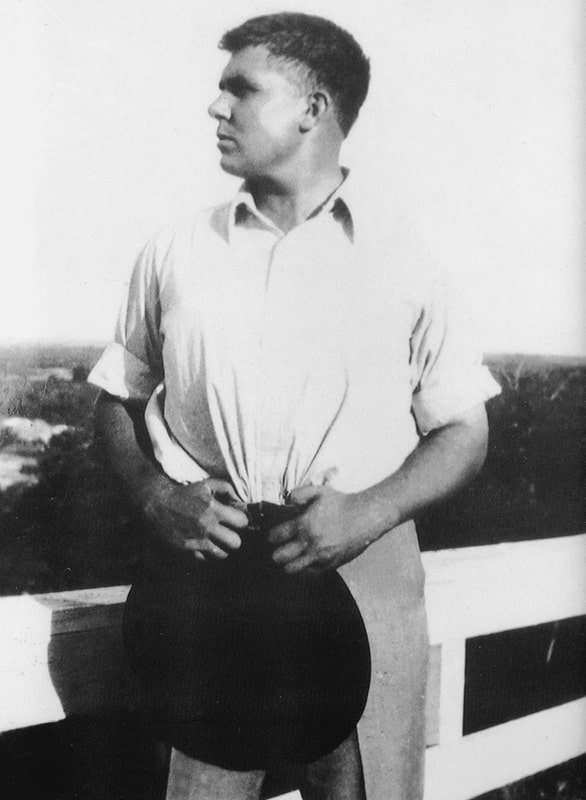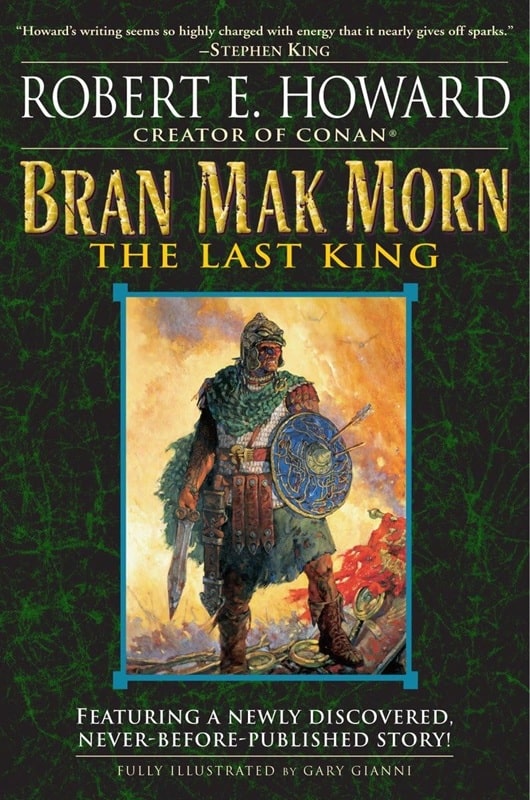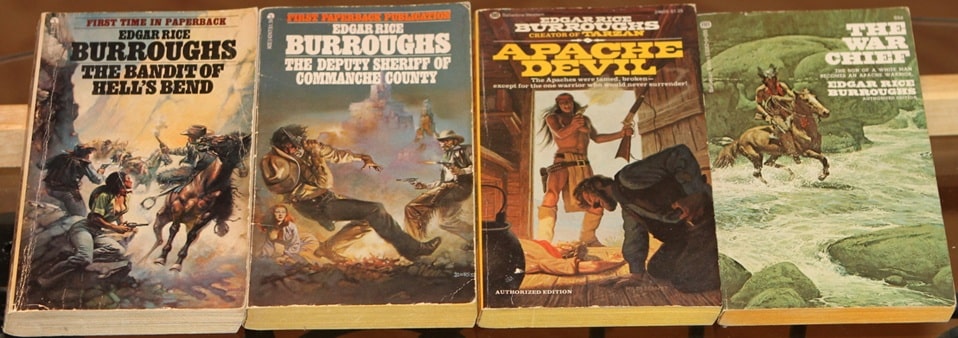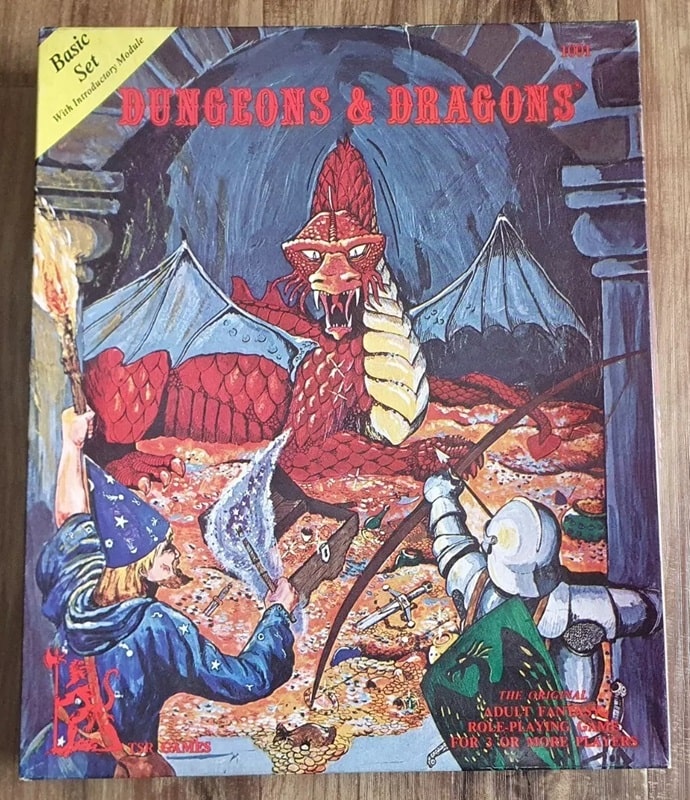A (Black) Gat in the Hand: More Weird Menace: Robert E. Howard’s Conrad and Kirowan
“You’re the second guy I’ve met within hours who seems to think a gat in the hand means a world by the tail.”
– Phillip Marlowe in Raymond Chandler’s The Big Sleep
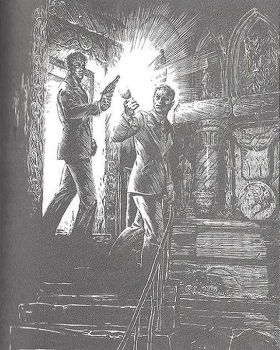 So basically, I don’t do horror. Robert E. Howard is my second-favorite writer in any genre (trailing only John D. MacDonald), and I’m not really even that into his horror stuff. “Pigeons from Hell” is considered one of his best stories, but I don’t really like it. Other than a few exceptions, like the terrific Robert R. McCammon, and F. Paul Wilson, horror doesn’t work for me (no, I don’t really care for Lovecraft, either, though I’m well-versed thanks to those old Del Rey paperbacks).
So basically, I don’t do horror. Robert E. Howard is my second-favorite writer in any genre (trailing only John D. MacDonald), and I’m not really even that into his horror stuff. “Pigeons from Hell” is considered one of his best stories, but I don’t really like it. Other than a few exceptions, like the terrific Robert R. McCammon, and F. Paul Wilson, horror doesn’t work for me (no, I don’t really care for Lovecraft, either, though I’m well-versed thanks to those old Del Rey paperbacks).
But I do like several stories which are in Del Rey’s The Horror Stories of Robert E. Howard, such as Solomon Kane’s “Rattle of Bones.” There’s an upcoming post on “Out of the Deep,” and we are about to talk about his Conrad and Kirowan tales, which are part of the Cthulhu Mythos.
SPOILER WARNING – Look…the story I’m about to discuss is eighty-one years old. And it’s readily available. If you read my stuff here, you know I try to minimize spoilers. But you’ve had a lot of opportunities to read Robert E Howard. You have been warned.
